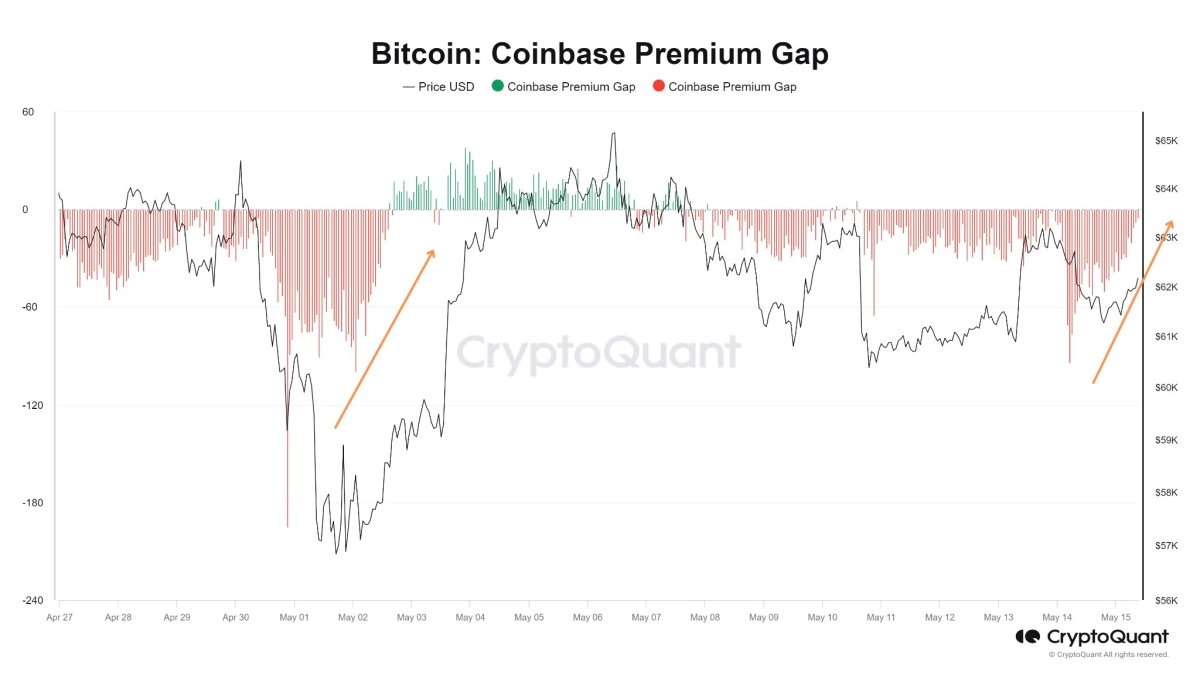The realm of cryptocurrency is witnessing a seismic shift, as Bitcoin ETFs, a once-niche market, are now basking in the spotlight with a staggering $400 million net inflow. This isn’t just a number; it’s a testament to the growing clout of Bitcoin in the mainstream financial world.
Let’s cut to the chase – the cryptocurrency sector is no longer the Wild West it used to be. The recent embrace by the U.S. securities regulator of Bitcoin ETFs is not just a nod of approval; it’s a game-changer. This move isn’t merely about acceptance; it’s about recognition. Bitcoin ETFs, like the renowned BlackRock’s iShares Bitcoin Trust and the ARK 21Shares Bitcoin ETF, are not just names on a list. They represent a pivotal turn in the narrative of cryptocurrency – from skepticism to legitimacy.
The Tidal Wave of Inflows
As we delve deeper into the numbers, it’s clear that this isn’t just a fleeting moment of glory. Specific Bitcoin ETFs have become the darlings of investors. Take FBTC, for instance, with a whopping net inflow of $227 million, or the iShares Bitcoin Trust, which has raked in an impressive $112 million. These aren’t just figures; they’re loud statements of investor confidence.
This surge in inflow isn’t just about money flowing in; it’s about a shift in perception. Grayscale, BlackRock, and Fidelity aren’t just participating in this race; they are leading it. Their dominance in trading volumes speaks volumes about the changing tides in investor trust and market dynamics.
A Marathon, Not a Sprint
But let’s not get carried away. As much as these numbers paint a rosy picture, they’re not the end-all and be-all. This influx of capital is not just a one-day wonder. It’s a chapter in a much longer saga of market evolution. The real story isn’t just about the impressive initial trading volumes; it’s about the endurance of this trend.
Remember, the cryptocurrency sector is notoriously volatile. Today’s hero can be tomorrow’s zero. This influx of capital into Bitcoin ETFs is a significant stride, but it’s just one stride in a marathon. The long-term viability of these ETFs will be the real test of their mettle.
So, what does this all mean? It means that Bitcoin ETFs are not just surviving; they’re thriving. They’re not just a fad; they’re becoming a fixture in the investment landscape. But they’re also not a guaranteed success story. They are a work in progress, a barometer of the evolving relationship between traditional finance and the once-renegade world of cryptocurrency.
So, the Bitcoin ETF saga is more than just about numbers; it’s about narratives. It’s about the transition of cryptocurrency from the fringes to the forefront of finance. It’s about investor sentiment slowly but surely tilting in favor of digital assets. And most importantly, it’s about the cryptocurrency sector coming of age, stepping out of the shadows of skepticism into the light of mainstream acceptance.
But, as with any financial endeavor, the journey of Bitcoin ETFs is fraught with uncertainties and opportunities. It’s a path that demands cautious optimism and a keen eye for long-term trends. So, while we acknowledge the impressive stride of Bitcoin ETFs, let’s not forget that in the world of finance, the only constant is change. And in this ever-evolving landscape, Bitcoin ETFs are not just participants; they’re pioneers charting a new course.





